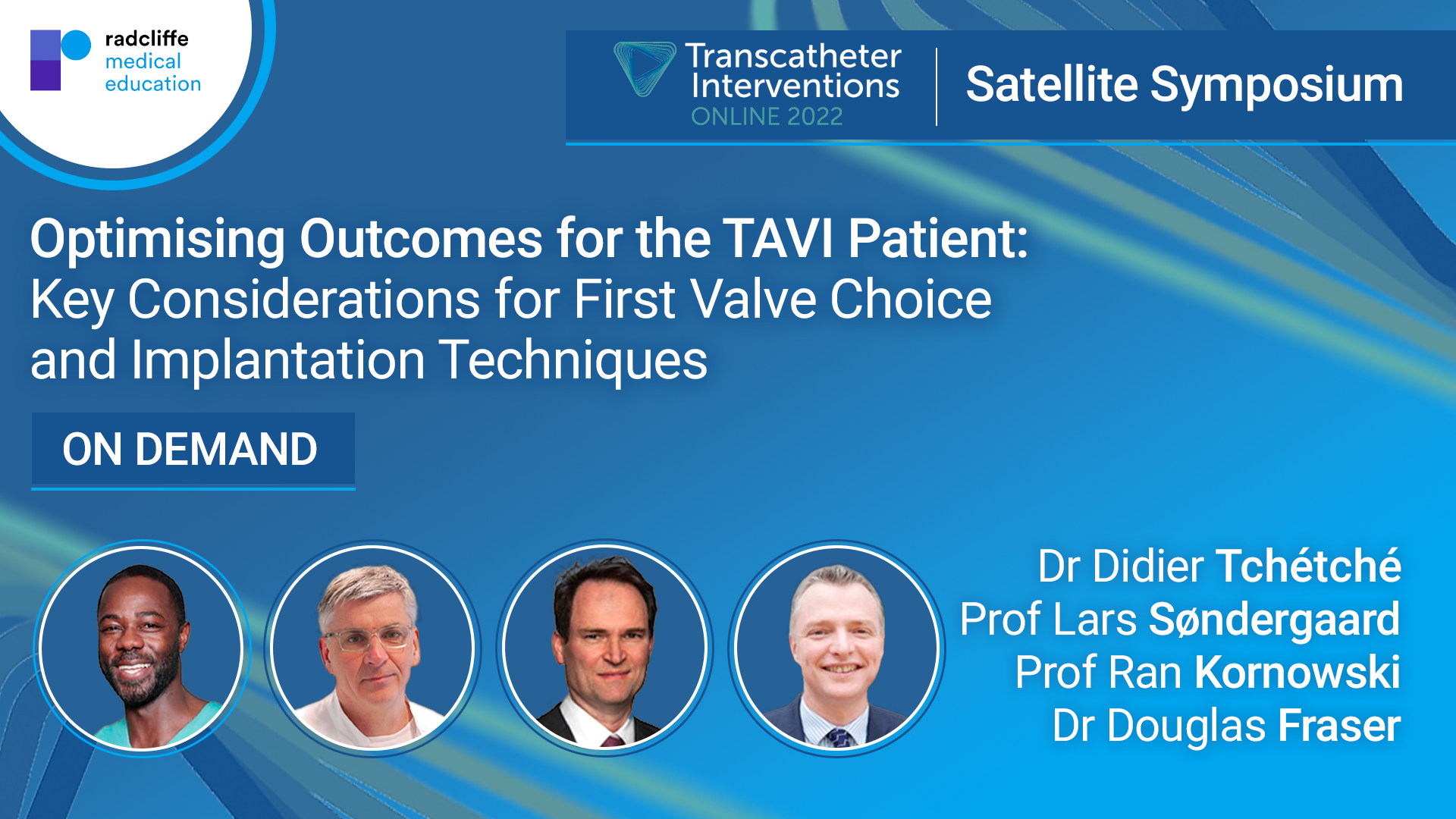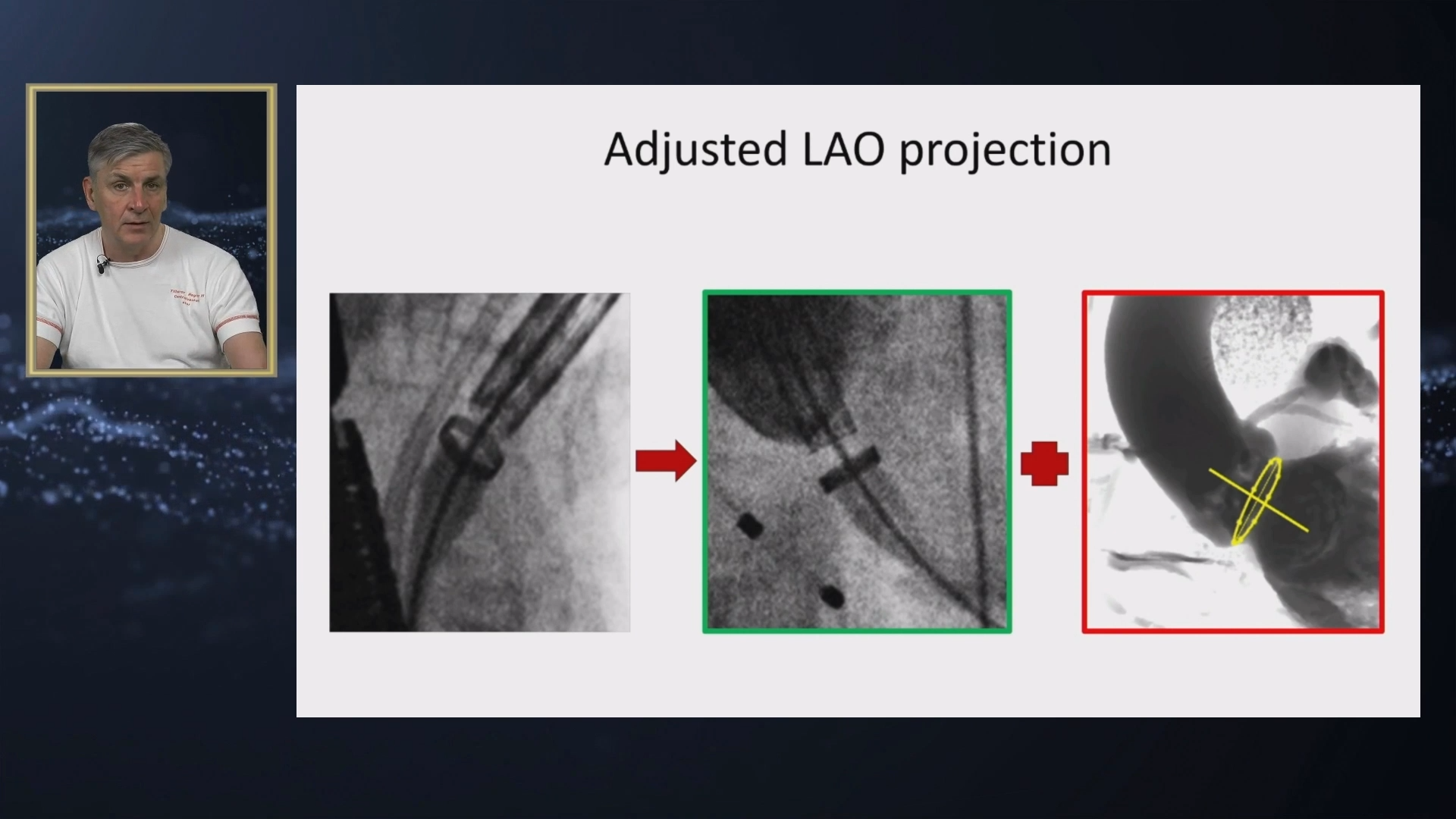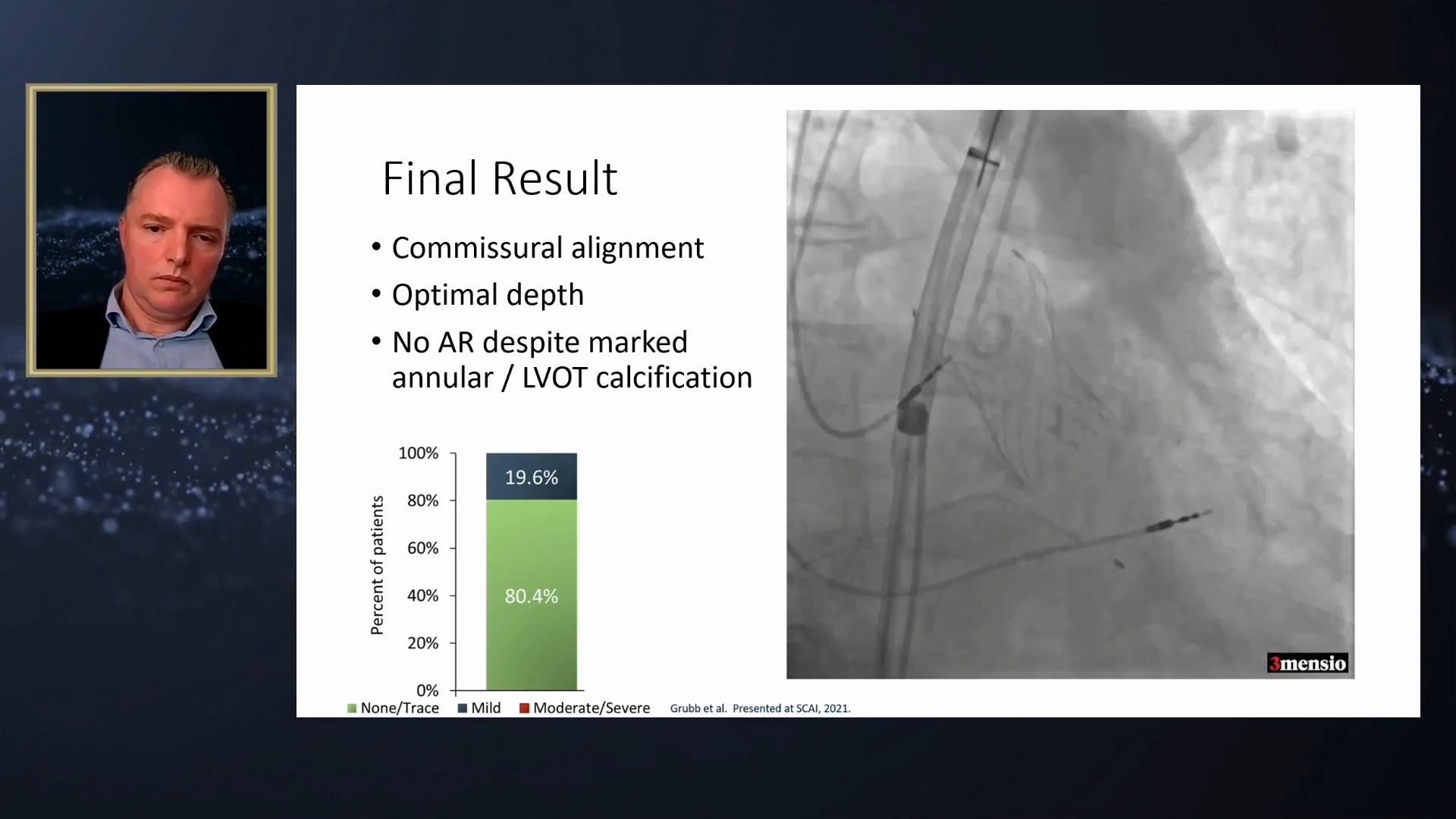Optimising Outcomes for the TAVI Patient: Key Considerations for First Valve Choice and Implantation Techniques
Published: 11 April 2022
-
Views:
 4732
4732
-
Likes:
 7
7
-
Views:
 4732
4732
-
Likes:
 7
7
Overview
In this symposium, part of Transcatheter Interventions Online 2022, we review latest data showing why durability and hemodynamics matter for initial valve selection and discuss the latest techniques to help achieve optimal outcomes for patients with longer life expectancy.
Join this expert faculty for a combination of highly informative technical presentations and patient case studies.
Key Learning Objectives
- Recall the latest data showing why durability and hemodynamics matter for initial valve selection.
- Discuss the latest techniques to help achieve optimal outcomes for patients with longer life expectancy.
Target Audience
- Interventional Cardiologists
- Surgeons with an interest in transcatheter treatment strategies for coronary and structural heart disease
- Interventional Cardiology Nurses
More from this programme
Part 1
Considerations for First Valve Choice
Part 2
Optimised Approaches for First Valve Choice
Part 3
Tips and Tricks for Achieving Procedure Efficiencies
Faculty Biographies

Didier Tchétché
Didier Tchétché, (Clinique Pasteur, Toulouse, France) Graduated from the University of Paris V where Dr Tchétché obtained his post-graduate diploma of cardiovascular pathology in 2004. From 2004 to 2005, he completed a 12-month fellowship period in the Hemodynamic and Interventional Cardiology department of Clinique Pasteur in Toulouse and from 2005 to 2007 he was Head Assistant at the intensive care unit of Bichât Hospital in Paris.
In 2008, he joined the interventional cardiovascular group in Clinique Pasteur, Toulouse, and he is currently Head of the Structural programme with an experience of more than 5000 TAVI procedures. His main areas of interest are coronary interventions and valvular heart disease. He has been actively involved in many clinical trials involving new technologies and devices in the field of interventional cardiology.
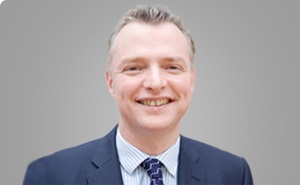
Douglas G Fraser
Dr Douglas Fraser trained preclinical in Oxford and clinical in Cambridge, qualifying in 1991. House jobs in Addenbrooke’s, SHO and registrar training in the West Midlands including QE Birmingham, Walsgrave Coventry, North Staffordshire. One year fellowship in Amsterdam.
Recognised as expert in radial angioplasty. Active publication record in interventional cardiology
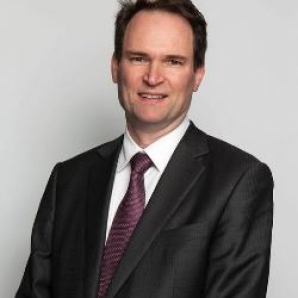
Ran Kornowski
Prof Ran Kornowski, MD, FACC, FESC is the Director of the Cardiology Division at Rabin Medical Center (RMC) in Petach Tikva, Israel. He is a full Professor of Cardiovascular Medicine at the Faculty of Medicine, Tel Aviv University and until very recently he served as the President of the Israeli Heart Society.
Previously he also served as the Chairman of the Israeli Association of Interventional Cardiology 2009-13. Prof Kornowski established a cardiovascular research institute within his hospital conducting multiple clinical trials and translational research projects designated towards best innovative patient's care. He is a member of the leading cardiology societies worldwide.
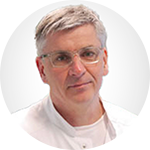
Lars Søndergaard
Professor Lars Søndergaard is a consultant cardiologist at Rigshospitalet – Copenhagen, Denmark. Professor of Cardiology at University of Copenhagen, he published over 300 peer reviewed articles, and more than 15 textbook chapters. His research interests are focused on adults with congenital heart diseases and catheter-based heart valve interventions, as well as congenital and structural heart diseases. He led the first-in-human transcatheter mitral valve implantation (CardiAQ) in 2012 and he actively participated to several trials, including NOTION (transcatheter vs. surgical aortic valve replacement in patients with aortic stenosis and low surgical risk), and the REDUCE randomised trial (PFO vs anti-platelet therapy after cryptogenic stroke).






